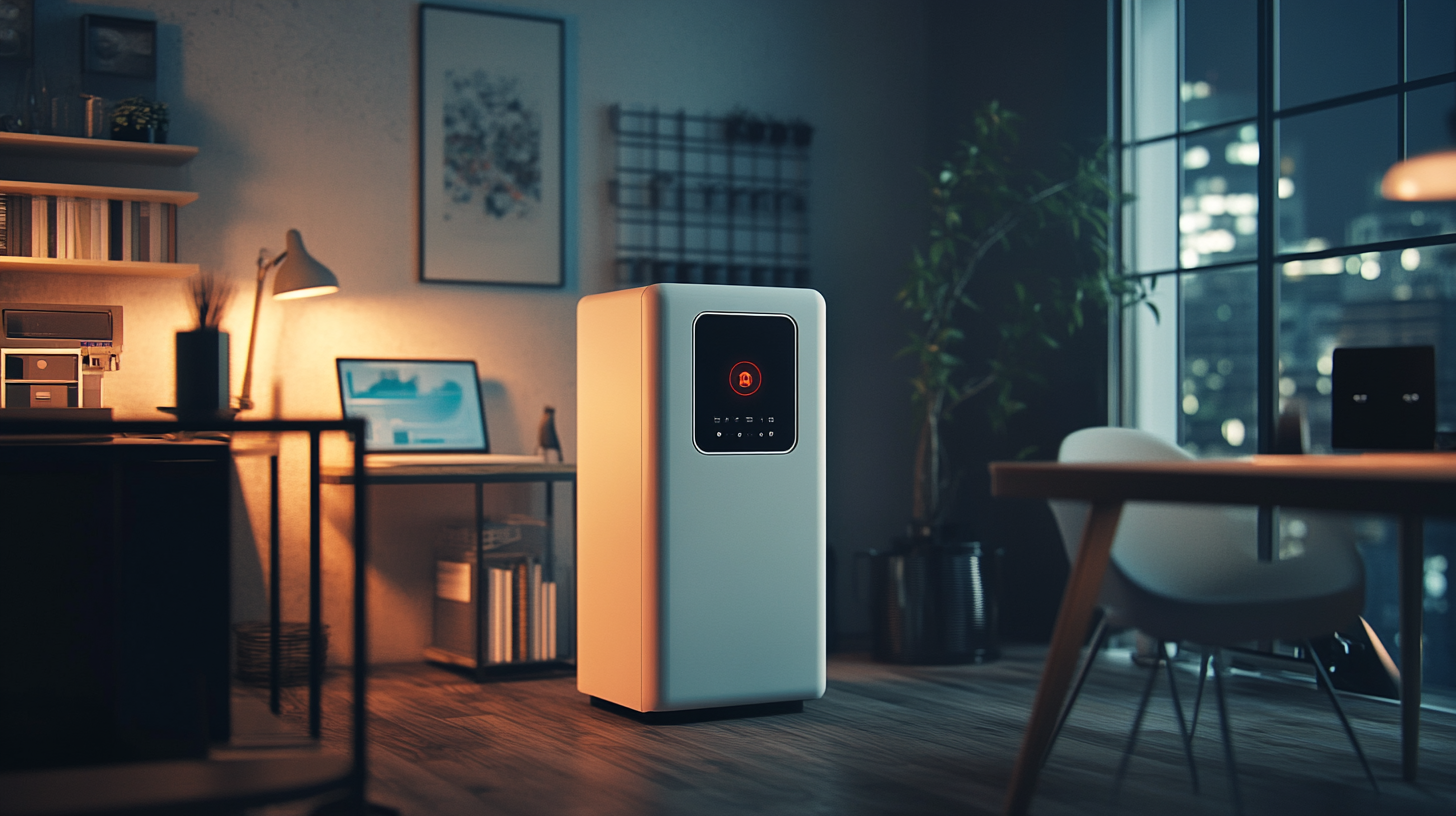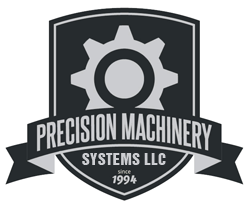Future Innovations in Compactor Home Technology and How to Leverage Them for Global Procurement
In recent years, the home technology sector has witnessed a remarkable transformation fueled by the rise of advanced innovations aimed at enhancing efficiency and sustainability. Among these advancements, the integration of "Compactor Home" systems has emerged as a significant trend, promising both space-saving solutions and improved waste management. According to a report from the International Housewares Association, 65% of homeowners are now prioritizing compact and multifunctional appliances, driven by the need to optimize living spaces in urban environments. Furthermore, a study by the Global Waste Management Association indicates that smart waste compactors can reduce household waste volume by up to 80%, highlighting the potential for significant environmental impact.
As global procurement strategies evolve to accommodate these technological advancements, leveraging the capabilities of "Compactor Home" innovations becomes essential for industries aiming to streamline operations and reduce costs. The rise of IoT-enabled compactors is facilitating real-time waste tracking and optimization, allowing businesses to align their procurement processes with sustainability goals. In fact, a recent report by MarketsandMarkets estimates that the smart waste management market will grow to $6.3 billion by 2025, underscoring the financial viability of investing in these technologies. As a result, understanding and implementing cutting-edge compactor solutions can unlock competitive advantages for organizations across various sectors.

Emerging Trends in Home Compactor Technology and Their Global Impact
The evolution of home compactor technology is set to revolutionize the way we manage waste in our households. Emerging trends indicate a shift towards more energy-efficient models that integrate smart technology. These compactors can be programmed to optimize compression cycles, significantly reducing the frequency of waste collection while minimizing the environmental footprint. With features such as sensors that alert homeowners when bins are full, these innovations contribute to a more efficient and sustainable lifestyle. Moreover, as global procurement dynamics shift, manufacturers are increasingly focusing on sustainable supply chains. The adoption of eco-friendly materials and practices in the production of home compactors can have a significant global impact. Organizations are recognizing the importance of aligning their manufacturing processes with environmentally responsible initiatives to attract conscious consumers. This trend not only addresses growing environmental concerns but also enhances brand value in an increasingly competitive market. In many regions, local governments are incentivizing the use of advanced compactor systems as part of broader waste reduction strategies. The ability to integrate these technologies into smart home systems also means that homeowners can easily monitor their waste management, aligning with the global push towards digital convenience. By leveraging these innovations, consumers can play an active role in reducing waste and promoting sustainability in their communities.

Integrating Smart Features into Compactor Systems for Efficiency
The evolution of compactor home technology is at the forefront of the smart home revolution, reshaping how we manage waste disposal and optimize living spaces. Integrating smart features into compactor systems not only enhances efficiency but also aligns with the growing demand for sustainable living solutions. With sensors that monitor waste levels and automatically optimize compression, homeowners can significantly reduce the frequency of disposal trips, minimizing both time and environmental impact.
Smart compactors can also be linked to mobile applications, allowing users to receive real-time notifications on waste levels and maintenance needs. This connectivity empowers homeowners to manage their waste effectively, integrating compactors into their routine without added hassle. Furthermore, smart compactors can provide data analytics, helping users understand their waste habits and make informed decisions about recycling and waste reduction.
In the realm of global procurement, leveraging these innovative features can enhance supply chain efficiencies and reduce costs. Brands that invest in smart compactor technology can offer distinct advantages to their customers, promoting sustainable practices while also fulfilling compliance requirements. As the world moves towards an increasingly interconnected ecosystem, integrating smart features into compactor systems will not only streamline operations but also foster a culture of environmental responsibility in homes around the globe.

Sustainable Practices in Compactor Technology for Eco-Friendly Procurement
The shift towards sustainable practices in compactor home technology is not just a trend but a necessity for optimizing global procurement efforts. Innovations in compactor systems can play a critical role in reducing waste in households and businesses, aligning perfectly with the goals of eco-friendly procurement. According to recent studies, implementing efficient waste management systems can significantly mitigate the environmental footprint associated with road construction and other activities. For instance, participatory integrated assessments have shown that strategically designed waste compaction systems can lead to a marked decrease in emissions, ultimately supporting climate action initiatives.
Furthermore, the hospitality and catering sector has recognized the importance of sustainable waste management, with research indicating that effective waste management strategies can reduce overall environmental pollution. By adopting advanced compactor technologies, this industry can streamline operations and enhance sustainability measures. Reports suggest that integrating eco-friendly practices, including intelligent waste compaction solutions, can optimize supply chains and boost resilience against environmental impacts, ensuring that procurement practices meet contemporary sustainability standards.
As universities and other institutions explore the potential of sustainable waste management, they reveal best practices that can be replicated across various sectors. Data-driven approaches in waste management—like those proposed in the current literature—can lead to a circular economy that minimizes waste generation and enhances resource recovery. Therefore, leveraging state-of-the-art compactor technology not only supports individual sustainability goals but also contributes to broader environmental policies aimed at reducing pollution and promoting waste circularity.

Cost-Benefit Analysis of Modern Compactors for Global Supply Chains
The modern compacting technology has transformed the landscape of global supply chains, offering significant cost-saving opportunities for procurement professionals. According to a report by Smithers Pira, the use of advanced compactors can reduce material handling costs by up to 25%, making them a crucial investment for businesses aiming to streamline their operations. These innovations not only improve operational efficiency but also assist in minimizing carbon footprints, aligning with the increasing demand for sustainable practices.
Furthermore, modern compactors come equipped with features such as IoT connectivity, allowing real-time monitoring and data analytics. This capability enables organizations to assess compacting effectiveness and adjust processes accordingly, leading to an estimated 15% reduction in wasted resources, as noted by Grand View Research. With the global logistics market projected to reach $12 trillion by 2027, optimizing transit space through compactors can lead to substantial reductions in shipping costs.
The cost-benefit analysis of implementing cutting-edge compacting technology reveals that initial investments are quickly offset by savings on transportation and storage. The International Journal of Logistics Management highlights that companies utilizing modern compactors experience an average return on investment of 150% within the first two years. As global procurement continues to evolve, leveraging these innovations will be key to maintaining a competitive edge and ensuring sustainable supply chain practices.
Best Strategies to Implement Innovative Compactor Solutions in Homes
The integration of innovative compactor solutions in residential settings is poised to revolutionize waste management while aligning with global sustainability goals. According to the New York City Housing Authority's (NYCHA) Sustainability Agenda, which outlines a five-year roadmap initiated during Climate Week 2021, the aim is to create environments that are healthier and more efficient. This directly correlates with the adoption of compactors designed to streamline waste collection and reduction, enhancing overall waste management practices in urban homes.
Leveraging cutting-edge technologies, like smart compactors equipped with sensors to monitor waste levels, can significantly improve the efficiency of waste disposal. A recent survey highlighted that 27% of households using these systems reported reduced waste overflow and better recycling rates, showcasing the effectiveness of technology in transforming traditional waste management. Furthermore, organizations participating in initiatives like NEA's INCUBATE Partnership Programme in Singapore are pioneering methods to enhance environmental services, amplifying the potential benefits of compactor technology on a global scale.
To implement these innovations effectively, homeowners should consider strategic partnerships with waste management firms and technology providers. By doing this, they can benefit from expertise in deploying smart compactors that are not only cost-effective but also environmentally friendly. As highlighted by industry experts, the transition to automated waste collection systems is becoming crucial, with predictions indicating that such technologies could reduce waste collection costs by up to 20%, fostering a win-win scenario for both residents and municipalities.

